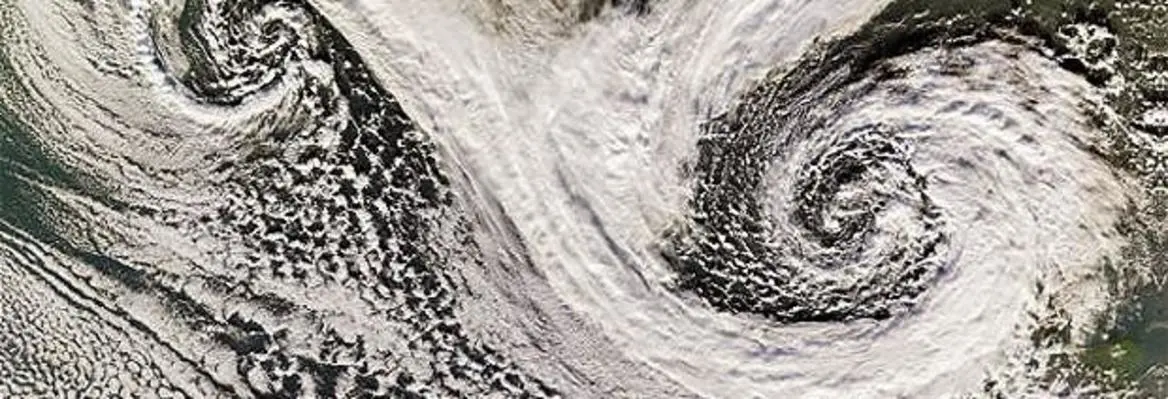Benny Peiser is a social anthropologist best known for his work on the portrayal of climate change. The founder of CCNet, a leading climate policy network, Peiser is co-editor of the journal Energy and Environment and director of the Global Warming Policy Foundation.
Following the BBC's recent decision to uphold a complaint against comments made by climate change sceptic Lord Lawson on the Today programme, we spoke to Peiser about scientific consensus and climate change in the media.
The BBC's head of editorial complaint recently said that Lord Lawson’s views are not supported by any evidence from such things as computer modelling scientific research; thus, they should strengthen their editorial procedures to avoid misleading the public.
Do you think there is such a thing as a unanimous scientific consensus about climate change today?
I think this is irrelevant. I mean, there is a general agreement on CO2 and greenhouse gas: that we are pumping CO2 into the atmosphere and that this will have a warming effect. This is agreed by everyone so that is not the real issue. Even the sceptics agree to that. So, this is a red herring, because no one denies the basic physics, no one denies the basic facts.
And that was not part of the discussion at the BBC anyhow. It was about the flooding this winter and whether it was caused by climate change, as well as what to do about climate change. And, of course, there is no consensus about these issues. So, the BBC is using a red herring to deny critics of climate policies and climate alarmism a forum.
A question of rhetoric then?
No. It's a bit like saying, “do you accept that there is a European Union?” This is the consensus, right, and because Euro-sceptics don’t accept that there is a European Union, they shouldn’t be interviewed on the BBC because they deny the existence of the European Union.
I see.
It’s an argument that no one denies, but which is used to silence critics of the policies, and the subsidies, and the billions of pounds being thrown at the problem. So I think it is basically censorship, using a scientific argument that is standing on water. No one really questions this general consensus.
So this is a problem of censorship? We know that climate change is a debate that attracts some extremely strong opinions. Why do you think this is?
This is not about scientific proof. It’s about how serious is it and what should we do about it, you see. It is only the BBC who claims this is about scientific proof. As I’ve just said, no one is questioning the basic physics; no one is question the basic consensus. So this is not about denying climate change or denying the effects of greenhouse gas or that there is human contribution… this is all a red herring. This is about denying anyone who criticises the green lobbyists and the green agenda from raising their criticisms. This is what is at stake. It’s not about the science.
So do you think that, when it comes to the media, it is a one-sided kind of alarmist perception of risk that comes into question?
Of course, because they are well-known for pointing out everything that is alarming and being silent on reports that show it is not as alarming. So you have a bias in favour of alarm, and a kind of ignoring any evidence that suggests that it might not be that alarming.















Join the conversation